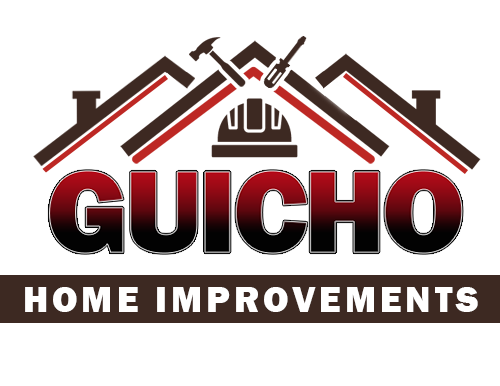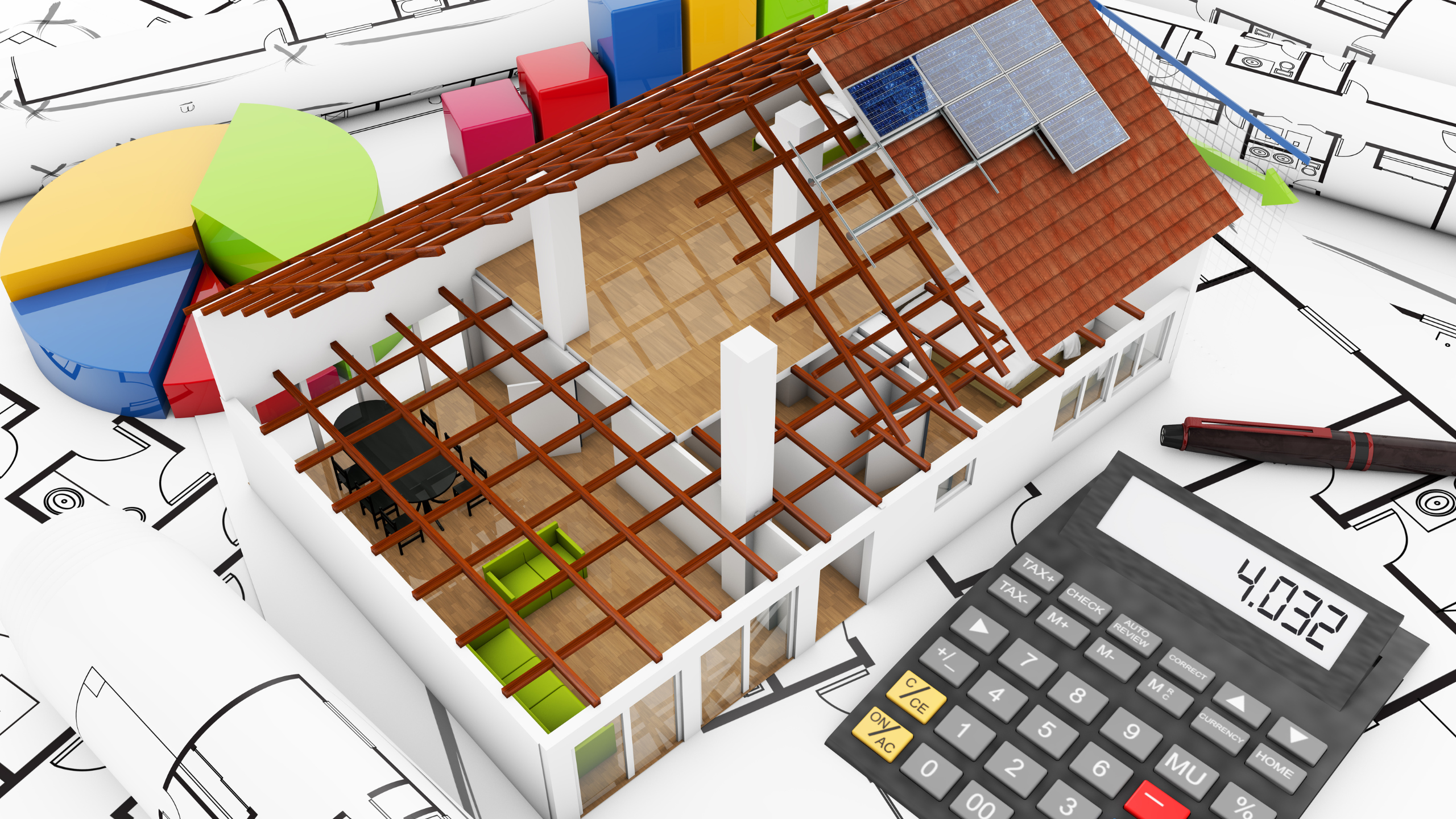Roof replacement is more than just a necessary upkeep task; it’s a pivotal investment that can significantly impact the value and protection of your home. By delving into the intricate web of expenses and considerations tied to roofing projects, you equip yourself with the knowledge needed to navigate this crucial decision-making process. Throughout this comprehensive guide, we’ll dissect the multifaceted factors shaping roofing costs in 2024. From material choices to labor expenses, we’ll unravel the complexities, empowering you to make well-informed choices that not only safeguard your home but also optimize its longevity and curb appeal for years to come.
Let our Wayne Roof Experts lend you their expertise. Should your roof be showing signs of aging and disrepair, it may be prudent to explore replacement options. On the other hand, if you’re dealing with minor storm damage, a repair could be the solution. Reach out to us today to have one of our experienced roofing experts assess your needs!
How Much Does Roof Replacement Cost In 2024?
Determining the cost of roof replacement in 2024 involves navigating through a myriad of factors that influence the final bill. From the size and shape of your roof to the materials chosen, labor fees, and any additional features or repairs required, every detail plays a crucial role in shaping the overall expense. On average, homeowners should budget between $5,000 and $30,000 for a comprehensive roof replacement project. However, it’s vital to note that this estimate is not set in stone; rather, it can vary significantly based on your geographical location and the complexity of the renovation endeavor.
Roofing Costs by Type:
1. Asphalt Shingles: Asphalt shingles remain the most popular choice for roofing due to their affordability and durability. The cost of asphalt shingle roofing typically ranges from $3 to $7 per square foot, making it a budget-friendly option for many homeowners.
2. Metal Roofing: Metal roofing has gained popularity in recent years due to its longevity and energy efficiency. While metal roofing may have a higher upfront cost compared to asphalt shingles, ranging from $7 to $12 per square foot, its durability can result in long-term savings on maintenance and energy bills.
3. Tile Roofing: Tile roofing offers a unique aesthetic appeal and excellent durability. However, it is among the most expensive roofing materials, with costs ranging from $10 to $20 per square foot. Despite the higher price tag, tile roofing can last for decades with proper maintenance.
4. Wood Shakes: Wood shakes provide a natural, rustic look to homes but require regular maintenance to prevent rot and decay. The cost of wood shake roofing typically falls between $8 and $14 per square foot, making it a mid-range option in terms of pricing.
What is the Most Expensive Roofing Material?
Among the plethora of roofing materials available, tile roofing emerges as the pinnacle of luxury, boasting the highest price tag per square foot. Its luxurious allure is undeniable, coupled with unparalleled durability and aesthetic charm. However, before indulging in the allure of tile roofing, homeowners must exercise prudence in budgetary considerations. While the investment in tile roofing promises longevity and timeless elegance, its substantial upfront cost necessitates careful financial planning. Therefore, while tile roofing may epitomize luxury and sophistication, it remains imperative for homeowners to weigh its allure against their budgetary constraints before committing to this premium roofing option.
How Much Does Metal Roofing Cost In 2024?
In the dynamic landscape of roofing options, metal roofing maintains its stronghold as a favored selection for homeowners prioritizing resilience and eco-friendliness. As of 2024, the price spectrum for metal roofing spans from $7 to $12 per square foot, contingent upon factors like the specific metal variant employed and the intricacies of installation. Despite the potentially elevated initial outlay compared to alternative roofing materials, the enduring advantages of metal roofing, including its extended lifespan and energy-conserving attributes, render it a reasonable investment for discerning homeowners keen on securing both long-term durability and sustainability for their abode.
Conclusion:
In the deliberation over roof replacement, striking a balance between immediate expenses and enduring advantages proves pivotal. Although asphalt shingles present an economical option, metal roofing emerges as a stalwart contender, boasting unparalleled durability and energy conservation despite its higher upfront investment. Your selection hinges on a nuanced evaluation encompassing budgetary constraints, aesthetic inclinations, and overarching aspirations for your dwelling. Armed with comprehensive insight into the financial implications of diverse roofing materials, you’re empowered to craft an informed choice that not only augments the value but also fortifies the longevity of your cherished abode, aligning seamlessly with your vision for the future.





